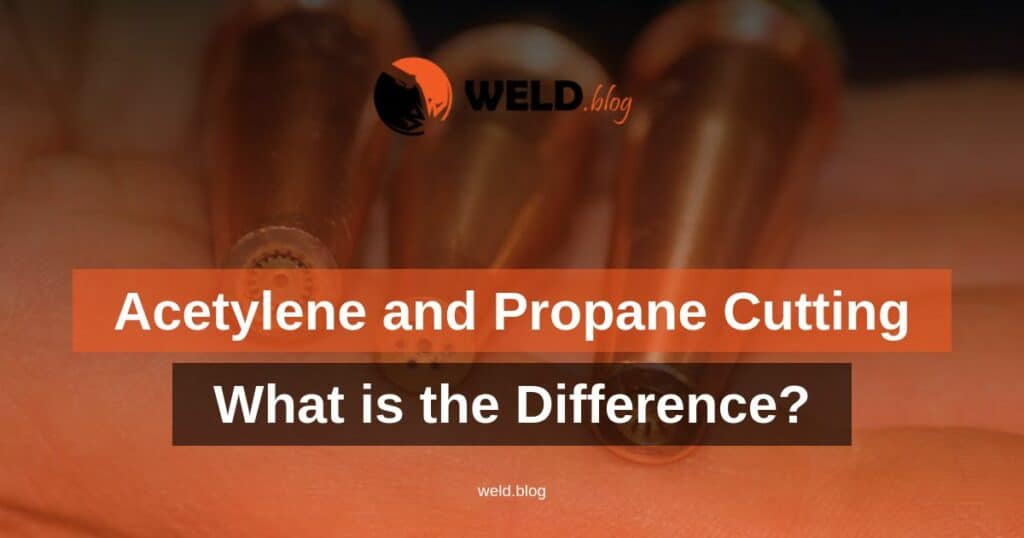Acetylene and propane gases, which are frequently preferred in cutting, welding and annealing works together with oxygen as flammable gas, have different advantages and disadvantages when compared to each other. In both, it is important to use the right equipment in order to get healthy results in terms of quality, cost and efficiency.
If you work in a field where gases are used for cutting, welding or heating, you may have come across two popular gases – acetylene and propane. While both gases have their own unique properties and benefits, they are not interchangeable and it is important to know the differences between them.
What is Acetylene?
Acetylene is a colorless gas that is used for cutting and welding. It is a highly combustible gas and is often stored in cylinders containing a porous material that is saturated with acetone, which helps to stabilize and prevent the gas from exploding. Acetylene is widely used in metal fabrication, shipbuilding, construction, and other industrial applications.
What is Propane?
Propane is a colorless gas that is also used for cutting and welding. It is a cleaner and safer alternative to acetylene and is often used in outdoor applications where it is difficult to control the spread of flames. Propane is widely used in the agriculture, construction and transportation industries.
Differences Between Acetylene and Propane
There are several key differences between acetylene and propane:
Combustibility
Acetylene is highly combustible and is prone to explosion when it comes into contact with oxygen in high-pressure environments. Propane, on the other hand, is a cleaner and safer alternative and does not have the same explosive properties as acetylene.
Heat Output
Acetylene produces a hotter flame than propane, making it ideal for cutting and welding thicker metals. Propane, on the other hand, has a lower heat output and is more suitable for thin metals and general heating applications.
Cylinder Storage
Acetylene is often stored in cylinders containing a porous material that is saturated with acetone to prevent explosions. Propane, on the other hand, is often stored in bulk tanks or cylinders without the need for additional stabilizers.
Which Gas is Right for Your Application?
The choice between acetylene and propane depends on the application. If you are cutting or welding thick metals, acetylene may be the better option for you. However, if you are looking for a cleaner and safer alternative for thin metals or general heating applications, propane may be the better choice.
Acetylene and propane both have their own unique properties and benefits. It is important to know the differences between these gases and choose the one that is best suited for your specific application. Regardless of which gas you choose, be sure to follow all safety guidelines and procedures when handling and storing these gases.

